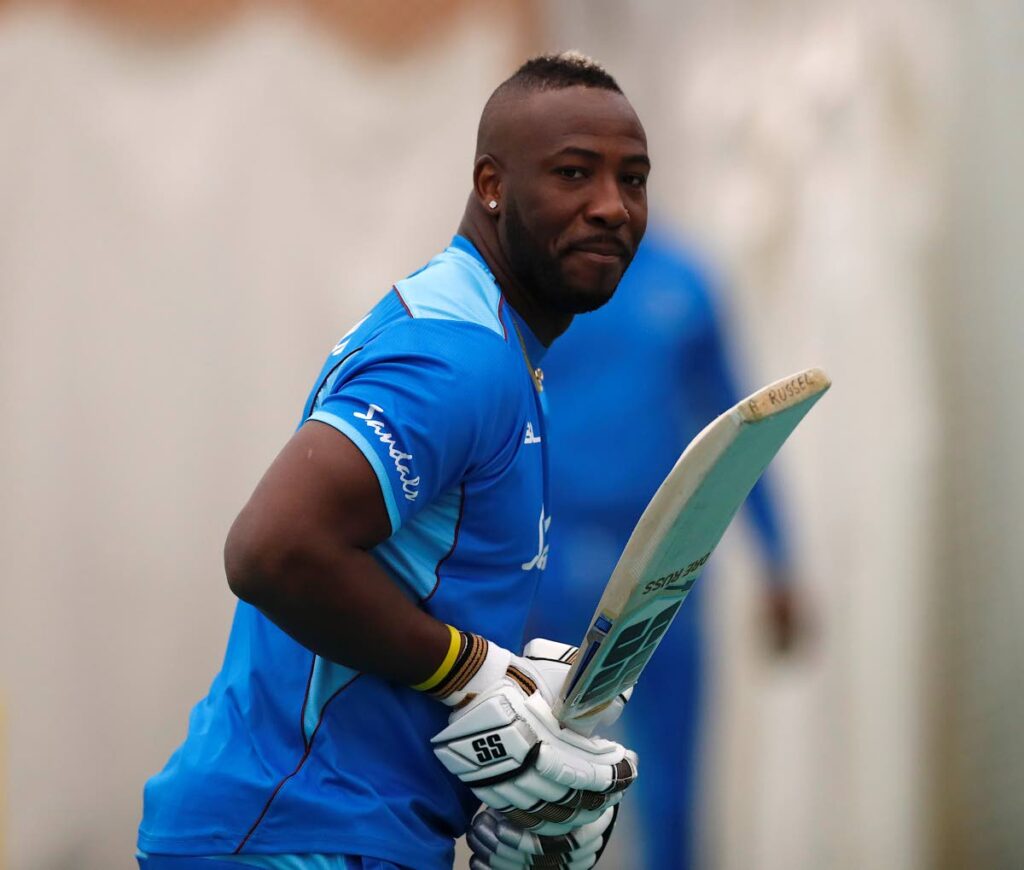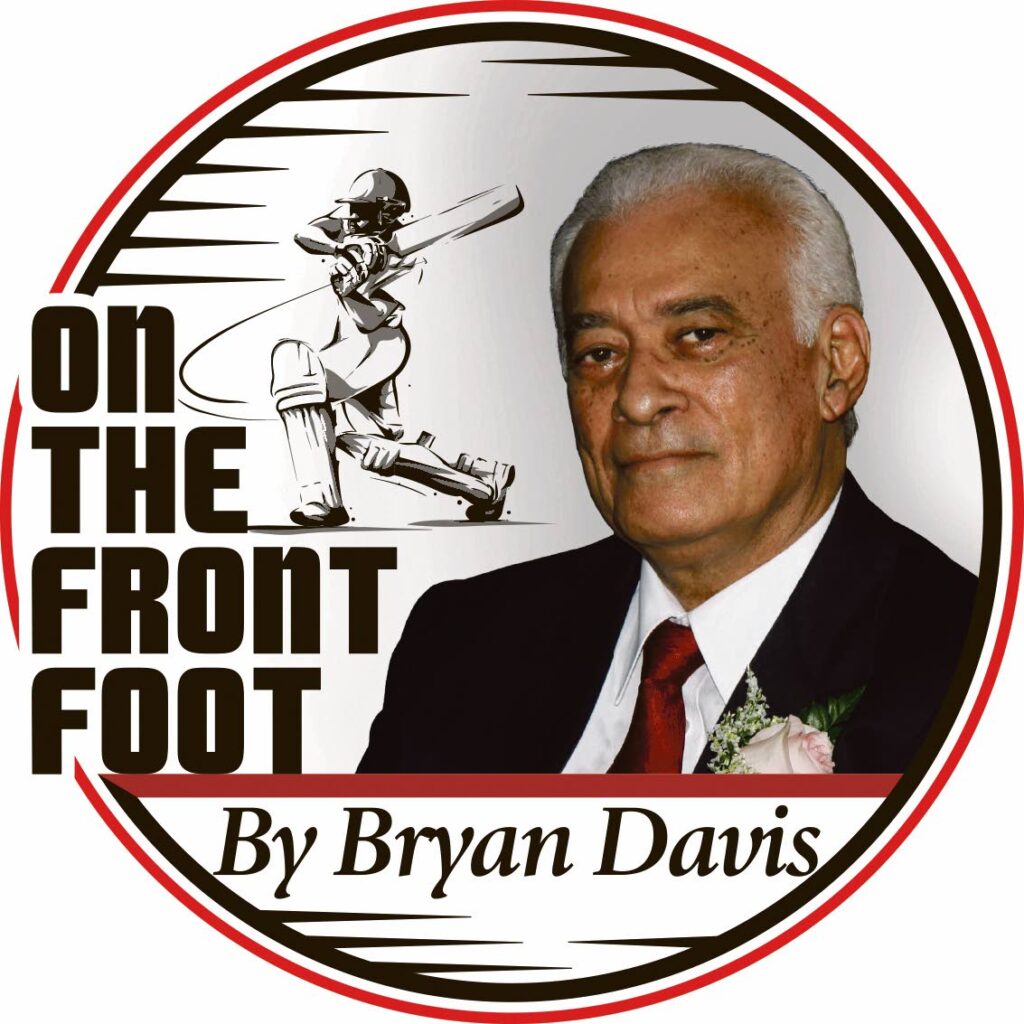Scorning the base degrees: a matter of integrity

BRYAN DAVIS
IT MUST surely be a wonderful feeling to be in demand for one’s cricket prowess. The spate of limited-overs cricket all over the world, which continues to multiply, is a boon for cricketers, who, if considered worthy, are chosen to participate for excellent financial reward.
However, are these chosen ones content in the games they play, or are they involved only for the money, not the deep satisfaction that a game of cricket can bring?
I’m surprised that Andre Russell, the hard-hitting all-rounder from Jamaica, can say he wants to win another World Cup for the West Indies. I’m not aware that Russell ever won a World Cup for the WI. Apart from the fact that it takes a team to win a game, a series or a tournament, there are individual standouts that help the team get over the line.
I recall Carlos Brathwaite smashing four consecutive sixes off England’s pace bowler Ben Stokes (the present Test captain) in the final over of the 2016 T20 final to win the trophy for WI. However, had it not been for the excellent innings of Marlon Samuels at the other end, the Brathwaite opportunity might not have been there.
And one can identify many examples in numerous cricket games, in order to drive home the point that it takes a team to win a game.
Hubris is what happens to a few cricketers who find themselves in demand in the modern day, earning tremendous financial rewards for participating.
Nevertheless, the gratification of taking part in the challenge of a cricket game and coming out on top is a wonderful feeling. Russell, at 34, has come to realise that he’s at the tail end of his career and wants to go out in style by representing his country once more. And why?
Because regardless of the number of franchise clubs for which one may appear, the satisfying feeling of accomplishment would never be the same as the one gained by representing one’s country, with the extreme joy of fulfilment that brings.

There’s nothing wrong with being sought after and accepting a contract in franchise cricket; however, one should never become so cocky as to think that one’s country should stoop to the low level of begging you to represent them, when the honour ought to be yours. I agree with WI coach Phil Simmons that they should not have to beg anyone to play for their country.
Were it not for one’s homeland and its cricket authorities, the cricketer would never be recognised globally or regionally. Hence he ought to feel some allegiance to his country.
Even the Indian Premier League (IPL) pays a stipend to the controlling cricket board in the player’s home of origin, and to the clubs that produced him. It shows respect for the relevant cricket authorities and their work over the years to develop a cricketer of high quality, giving him the inspiration and encouragement to bring forth more of similar calibre.
The cricketer accepts the game, first of all, for the joy it brings; also, if ambition dictates, to experience success at the highest level with satisfaction.
To be so talented that some entity is encouraged to pay huge sums of money to witness the best at play augurs well for the individual cricketer.
Nonetheless, one should always be aware from whence appreciation of the game was acquired. After one has been guided through the game’s intricacies, much is owed to those who spent their time to educate and promote the young player, who should never feel he’s greater than the game. “Never scorn the base degrees by which you did ascend,” to paraphrase Shakespeare.
All true cricket fans will be proud to see their players recognised, especially West Indians, because of the humble beginnings of a scattered population from disparate islands, with regional differences, that have always endured economic struggles, and their relatively rapid rise to the highest echelons of the sport.
But they will not be proud that players of their own birthright, apart from giving joy to many across the globe, have rejected those who bred them by becoming unavailable to play for their home territories.
Every West Indian is pleased that some of their “boys” are earning high rewards for their capability, but, they would be happier to think that those players are aware of where their ability was first perceived and developed.


Comments
"Scorning the base degrees: a matter of integrity"